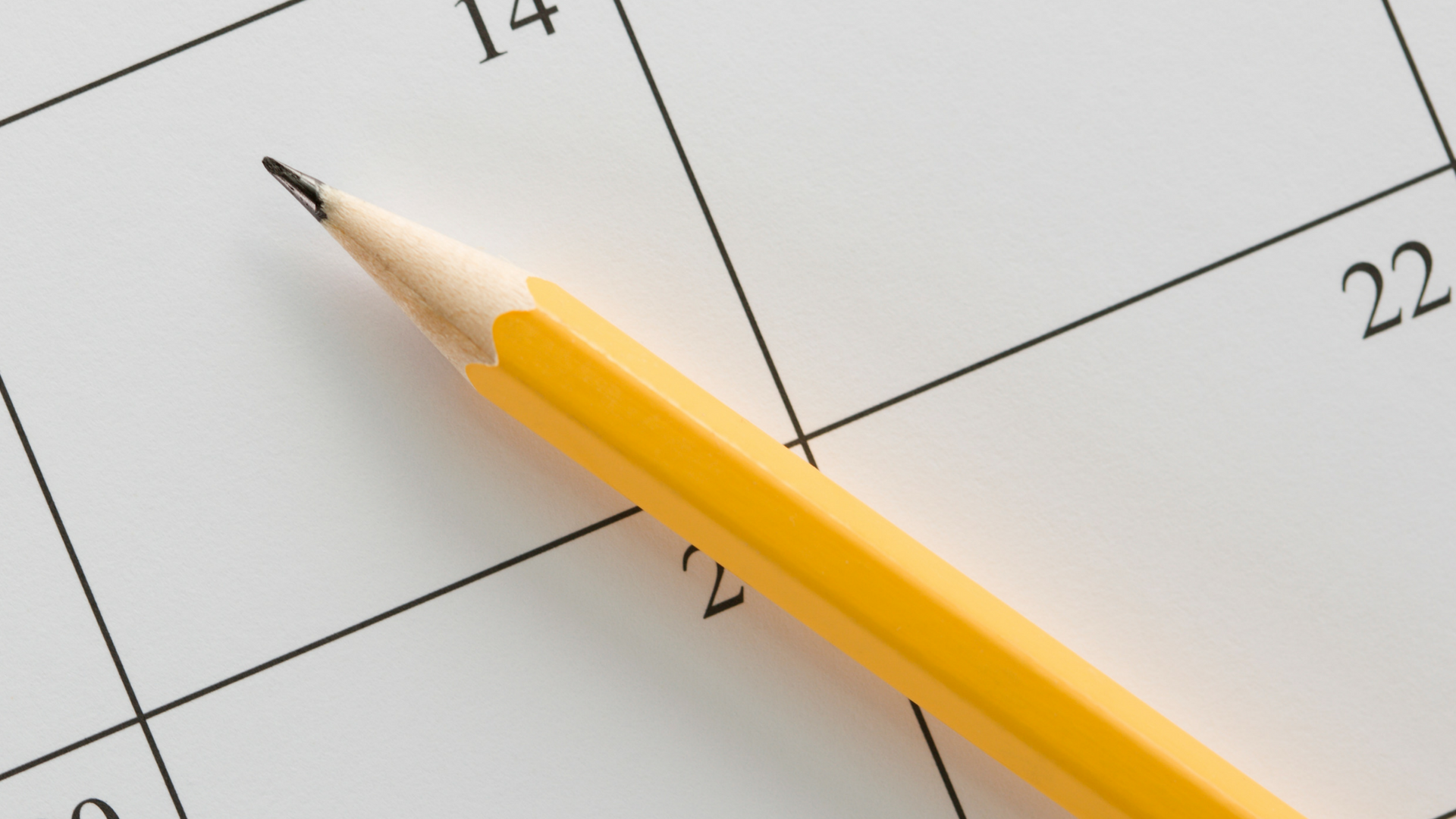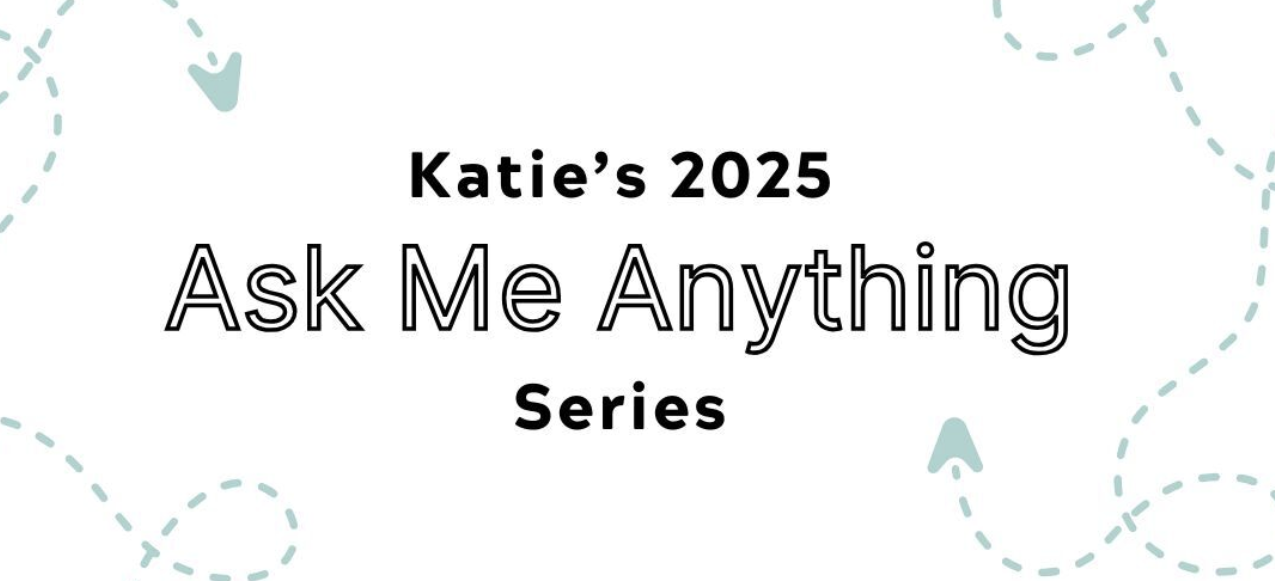As the month of May hurtles forward, now is the time to start looking toward the summer months and making plans.
Admittedly, this is one of my favorite times of the year.
As the office gets a bit quieter with more people out on vacation, it’s the perfect time to work on writing or other creative projects, fit in mid-day walks, and not worry about so many meetings throughout the day.
The summer, for many of us, is a special season where we try to balance productivity and rest. If we’re lucky, things slow down a bit and we can fit in more time with family, relax a bit, and work on those projects that had previously been put on the back burner. This is especially true for academics who might have lighter teaching loads or less committee and service obligations in the summer months.
However, I’ve talked with many academics who end their summer feeling deflated and confused. Where did the time go? Why couldn’t they get more accomplished? Why did they waste all that time when they could have gotten so much done?
Rather than feel accomplished and rested, by the end of August many people feel anxious and rushed to squeeze in all they can before the fall hits.
After several productive summers, I’ve learned that it doesn’t happen by accident. You have to plan for it. And that includes planning in the vacations, rest, relaxation, and break time for your brain in a way that doesn’t make you feel guilty.
Here are some methods I’ve used to set myself up for a productive and restful summer.
- Look ahead. I start by thinking about, at the end of the summer, what would make me feel like I had been productive and used my time well? This might include projects that I want to complete (and there are many), but it might also include things like time spent with family. Thinking ahead like this also helps me to plan for any events or projects that are coming up in early fall that might need some summer prep.
- Talk with colleagues. I work as part of a team, so I schedule a conversation about what everyone wants to accomplish over the summer, when people are taking vacation, and what projects we hope to complete as a team and individually. Getting a good sense of what is on everyone’s plate helps me be a better contributor to accomplish the team’s goals.
- Have a mix of projects. I like to try and have some projects that I know I can complete and cross off my list over the summer as well as some projects that I’m just trying to move forward. For example, this summer I know I need to complete my book manuscript, but I’ll also be working on another book project that will extend into the fall and winter months.
- Chunk your time. Each summer, I create a one-page sheet of paper, divided into fourths, that has space for each of the summer months (I usually also include May in this planning document). Then I think about what each month will be devoted to in terms of my projects and commitments. (If you work on a team, you can also complete this activity as a group.) I carry this document around with me for referencing throughout the summer.
- Block out non-productive days. I have some days this summer where I know I won’t get any work done. I’ll be attending a family barbecue, my sister’s wedding, and doing some traveling and conference presentations for work. Those are days where I know I won’t be getting a lot done with my writing and creative projects, so I just cross them off on my calendar to have a visual sense of what days or weeks I won’t be able to get much done.
- Plan out rest periods. Thinking about when I will truly rest, whether that be through a traveling vacation or a stay-cation devoted to reading novels and catching up on Netflix, is crucial. Planning this into my summer schedule helps me feel less guilty about engaging in that rest when the time comes. Rest periods are different for everyone. What works best for me is taking a complete day of rest after a heavy work period rather than taking off days or weeks at a time.
- Make lists. This is one of my favorite parts because I love list-making. I create lists of things I want to accomplish, action items, books I want to read, podcasts I want to listen to, experiences I want to have before the summer is over, movies I want to watch, and anything else I need to get out of my brain and onto the page for accountability purposes.
- Schedule a check-in. I usually create a meeting with myself mid-July to see how things are going with my summer goals. Am I accomplishing what I was hoping to each month? Have any projects come up that I wasn’t expecting? Do I need to rearrange my priorities and goals? If I’ve gotten off track from my original plan, I ask myself again what it would mean to me to have a productive and restful summer at this stage and then plan accordingly.
- Celebrate when appropriate. When I have a lot of projects on my plate, it can be easy to forget to celebrate the small (and big) wins. I often find myself just moving on to the next thing without pausing to acknowledge the hard work that goes into my accomplishments. This summer, I’m hoping to celebrate turning in my book manuscript and the manuscript for an edited collection I’m working on, the completion of a national research study, and the one-year anniversary of one of my podcasts, among other milestones.
A little planning can go a long way. Here’s to a productive and restful summer for all of us.
To think on:
- What kinds of projects are on your plate this summer?
- At the end of August, what would make you feel like you had a productive and restful summer?



